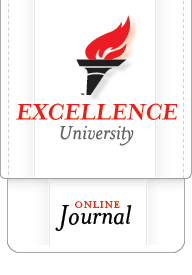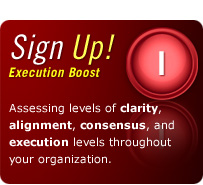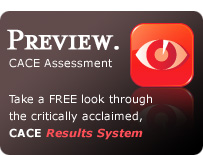January 9th, 2010
by Dr. Brian Higley |
In today’s fast-paced, complicated world, even the most disciplined lives are often filled with challenges and disagreements. Structuring our minds and our environments to minimize these complications and to effectively cope with the stress and conflict that cannot be minimized is a critical piece of the Self-Mastery puzzle.
Effective coping can be facilitated by a clear understanding of how to increase our ability to handle challenging times will also decreasing the amount of unnecessary difficulties that we experience. Here are some ways people have been able to cope effectively with the stress and conflict in their lives: (more…)
January 8th, 2010
by Dr. Brian Higley |
Many personal and professional growth sources touch on the association between optimistic outlooks and success and/or satisfaction. Our team has found that both research and our own personal experience has revealed two things to be true when it comes to optimism:
- That an optimistic outlook that is grounded in realism can be extremely helpful to well-being, personal effectiveness and relationship satisfaction.
- That many believe it is more “realistic” to be pessimistic than it is to have an optimistic outlook. This often false belief is often a major barrier to the cultivation of this aspect of Self-Mastery.
This shows how critical it can be to cultivate an optimistic outlook that is also based on realism (as opposed to optimism generated through “rose colored glasses”). Unrealistic optimism can be as damaging as pessimism when it comes to the ability to achieve important goals or experience satisfaction in life, so learning how to be both realistic and optimistic is critical. (more…)
January 7th, 2010
by Dr. Brian Higley |
Almost everyone knows that taking care of our bodies is important to enhanced influence over our thoughts, feelings and behaviors. Promoting improved health in the major systems of the body (including the cardiovascular, muscular-skeletal, nervous, endocrine and respiratory system) can enhance energy, increase positive moods and decrease the frequency and intensity of illnesses, unnecessary conflict and pessimism.
All of this begs a critical question: If there is so much positive pay-off for better physical health that people are clearly aware of, why is it that so many of us do not engage in activities that can bring them about? We’ve found that two major reasons why people do not attend to their physical health regularly: (more…)
(more…)
January 6th, 2010
by Dr. Brian Higley |
Being able to truly “relax and recharge” during leisure time is often so important to feeling good about one’s life, both personal and professional. Using our leisure time well can result in increased energy, better moods, fewer illnesses and enhanced creativity. It can also result in more feelings of optimism, self-esteem and enjoyment. Tasks that seem difficult or people who we just cannot seem to work with can all become much less of a challenge when we face them refreshed and energized. All too often, we either set aside little to no time for deeply satisfying leisure or choose to utilize the leisure time we do have in ways that drain (rather than recharge) us.
Leisure time can be used in more satisfying ways by understanding how important this is (to ourselves and to those around us) and committing to doing so regularly. Here are some ways people have been able to use their leisure time to truly recharge themselves: (more…)
January 5th, 2010
by Dr. Brian Higley |
Having solid influence on one’s thoughts, feelings and behaviors can be a critical component to an effective and satisfied life. It is often important to note that “influence” is different than “control;” an overly controlled life can quickly become robotic and dissatisfying. Being able to influence one’s experiences without seeking to control every aspect of them is an important aspect of Self-Mastery.
Increased influence on our thoughts, feelings and behaviors can be cultivated by understanding how to bring about more self-awareness, self-acceptance and self-confidence. Here are some ways people have been able to cultivate more influence over themselves: (more…)



